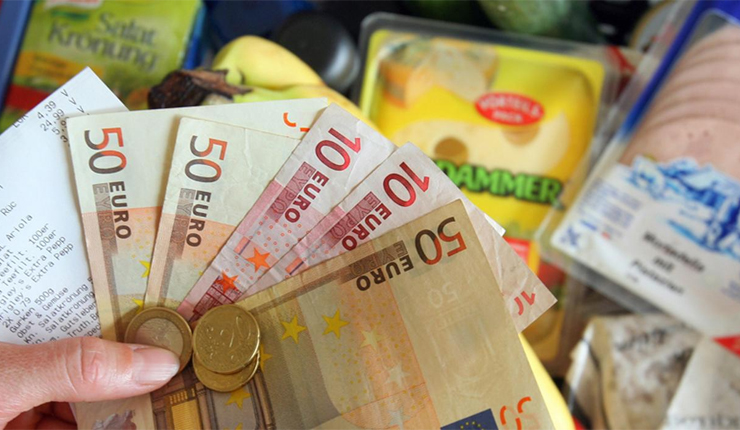Germany’s inflation continues to rise at the beginning of the year to set at 9.2 percent in January due to the energy pressure and high food prices as a result of the Russian invasion of Ukraine, showing no signs of easing.
The Federal Statistics Office’s data showed on Wednesday that German and other European countries have been facing a simultaneous rise in the consumer prices by around 9.2 percent in January, compared to December’s inflation rose 0.5 percent.
German consumer prices rose in January by 8.7 percent in addition to one percent on the month, according to Reuters, which came after revised inflation percentages of 8.1 percent in December and 8.8 percent in November.
The president of the German Statistics Office, Ruth Brand said that due to the economic slowdown at the end of last year, the inflation rate is still at a high level.
“There has been no clear downward trend in inflation since the autumn” said the Commerzbank chief economist, Joerg Kraemer. He also remarked that the European Central Bank (ECB) should raise its interest rates “decisively”
Brand further highlighted that the citizens and households have been facing the inflation particularly in energy and food throughout January.
Despite the government’s annual relief measures, the energy products have had a year-on-year increase of 23.1 percent. However, the inflation rate reached 7.2 percent in January.
The statistics office reported that the increase price of food was “more than twice the overall inflation rate,” while Brand assures that the office is observing the price increases for various goods and services.
Price of goods were subjected to an inflation of 12.7 percent on year in January, while the services increased by a percentage of 4.5 percent on year, according to the January breakdown offered on the statistics office’s website.


